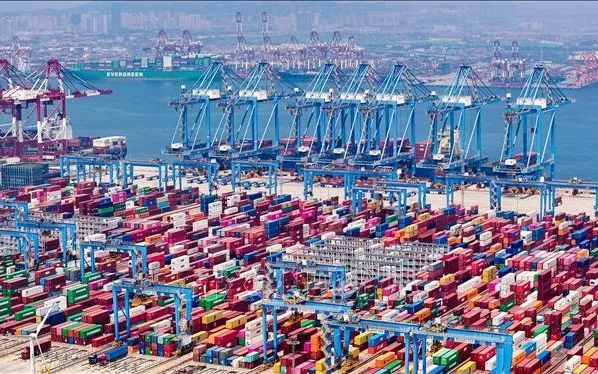
Qingdao Cargo Port, Shandong Province, China. Photo: THX/TTXVN
The move escalates bilateral trade tensions ahead of a meeting between US President Donald Trump and Chinese President Xi Jinping next week.
US Trade Representative Jamieson Greer announced on October 24 that the Office of the US Trade Representative (USTR) has opened an investigation to determine whether China is complying with the phase 1 trade agreement signed in 2020.
According to the USTR announcement, the investigation will clarify whether China has fully implemented its commitments in the phase one trade agreement, assess the burdens and barriers to US trade that result from China's failure to comply with its commitments, and anticipate US countermeasures.
This move risks exacerbating the already tense trade relationship between the US and China, and could become a new leverage for President Trump in his meeting with Chinese President Xi Jinping on October 30 in Seoul (South Korea), on the sidelines of the 2025 APEC Summit.
The investigation was conducted under Section 301 of the Trade Act of 1974, which allows the government to regulate imports from countries deemed to be engaging in unfavorable trade practices. Such investigations typically take months or more, but provide the legal basis for the president to unilaterally impose tariffs.
On the same day, through a post on X network, the spokesperson of the Chinese Embassy in Washington, Liu Pengyu, said that China had strictly complied with the phase one trade agreement, while the US had not fulfilled its corresponding obligations, citing a white paper published by the Chinese Government last April.
Since Trump returned to the White House, trade relations between the US and China have been strained since April 2025 when Trump announced new tariffs, and have escalated in recent weeks despite a temporary truce reached in previous rounds of negotiations. This truce is scheduled to expire in mid-November.
The Trump administration has imposed new restrictions on technology exports to China, while Beijing has restricted exports of rare earth minerals - a vital resource for many industries, including energy, semiconductors and transportation. President Trump has also warned of additional tariffs of 100% effective from November 1 if China does not ease restrictions on rare earths.
Source: https://vtv.vn/my-khoi-dong-dieu-tra-thuong-mai-moi-doi-voi-trung-quoc-100251026094718797.htm








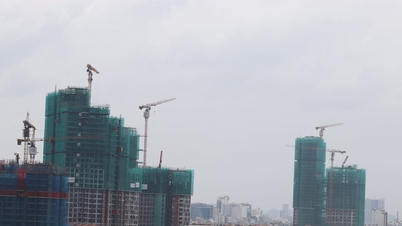

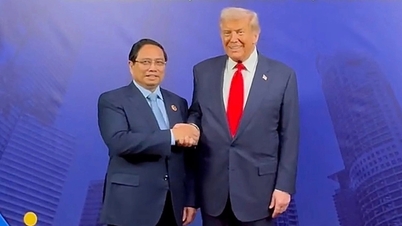

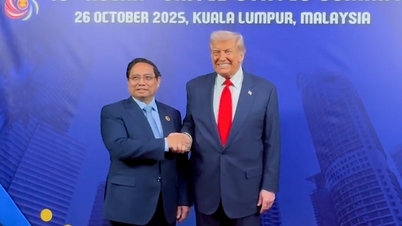


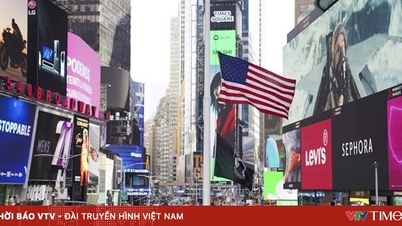
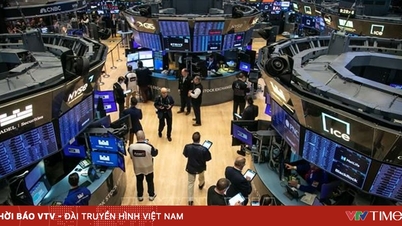


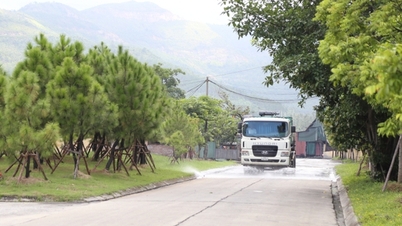


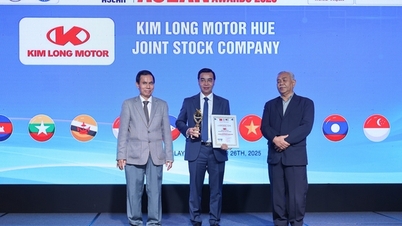
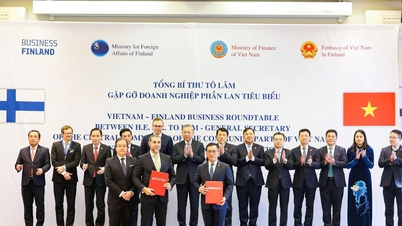

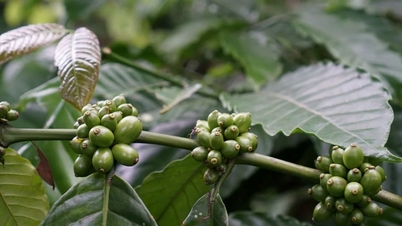





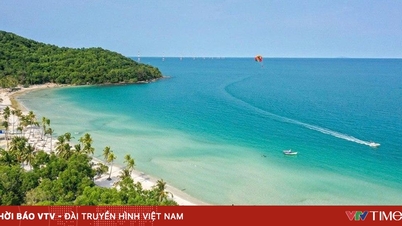
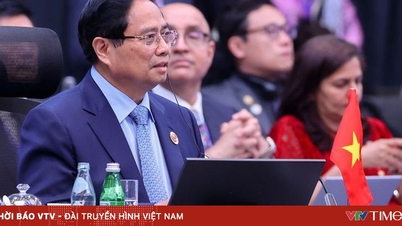

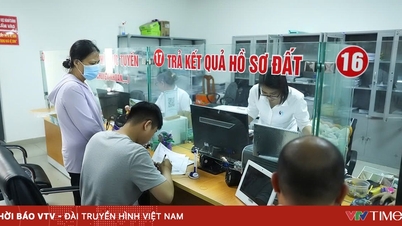
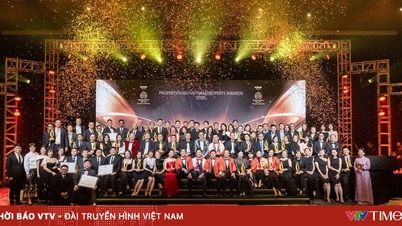
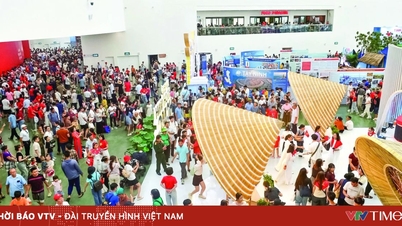





















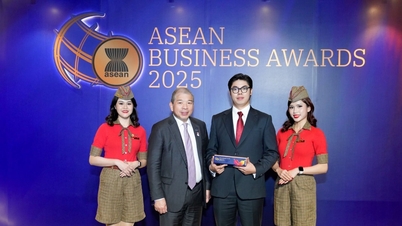
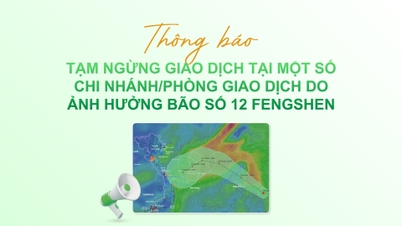

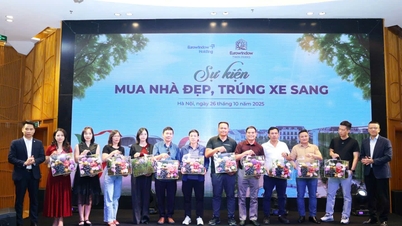







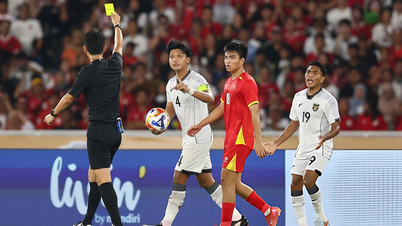
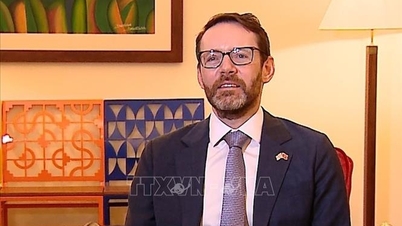

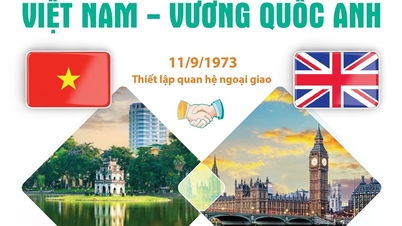




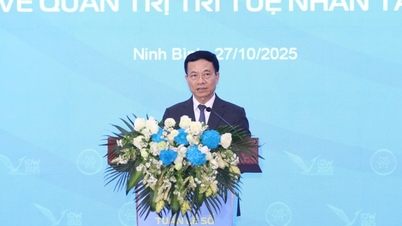





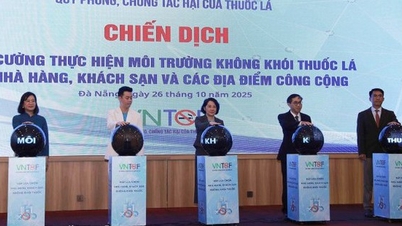

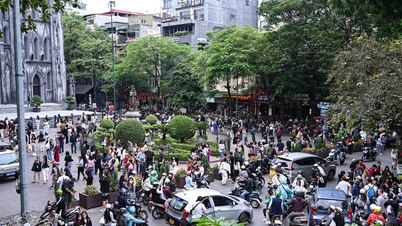




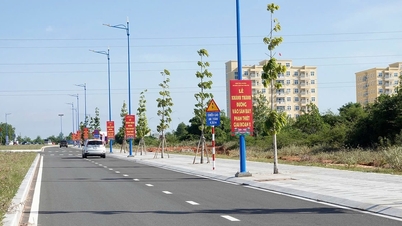
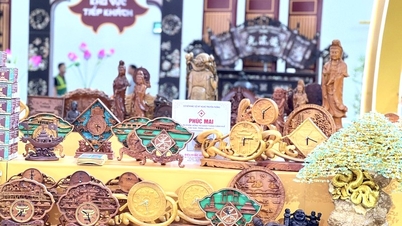
















Comment (0)